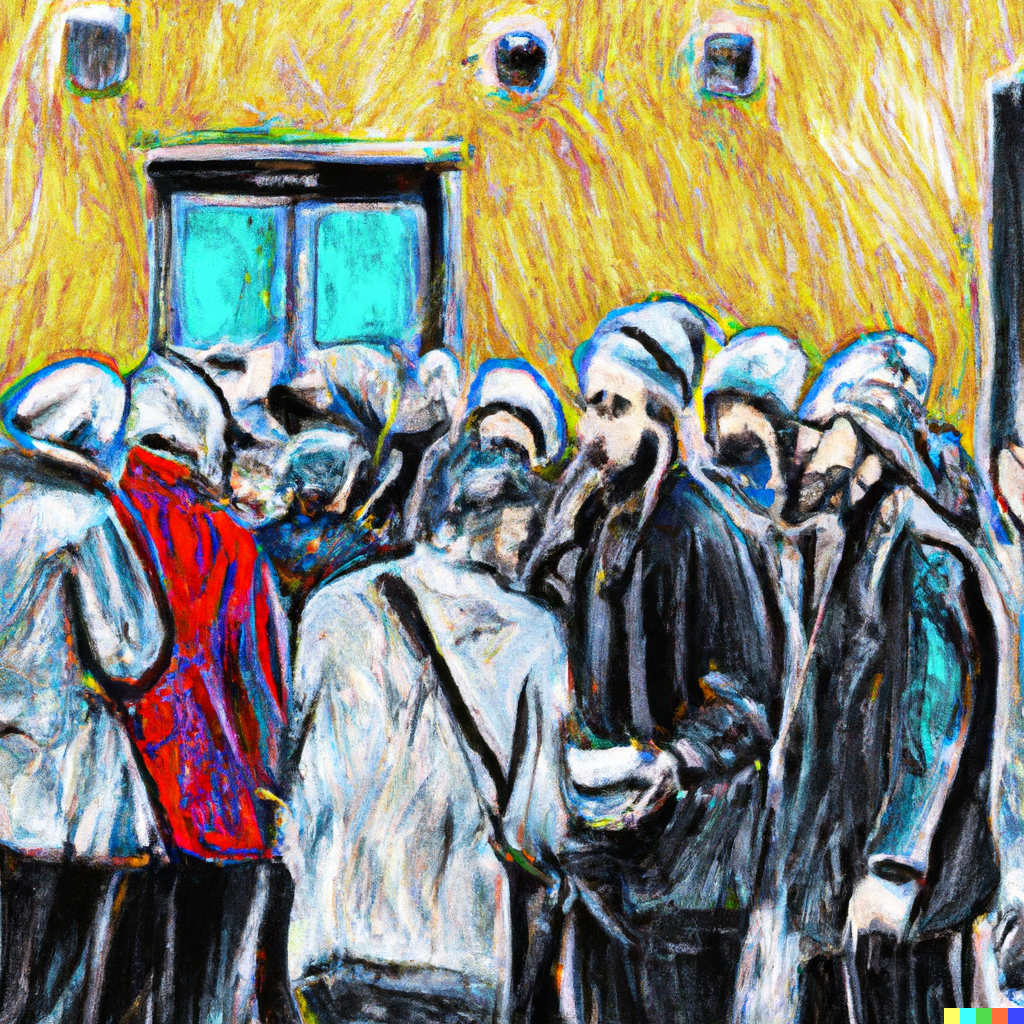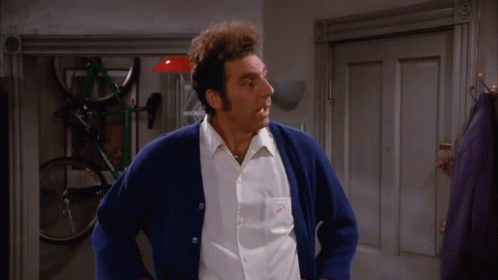The Most Effective Altruism
Harm reduction is a principle, not a prescription.

I've been reading a lot about the Effective Altruism (EA) movement. Despite their most famous believers being criminals (Sam Bankman-Fried, who ran the biggest crypto scam ever) or massive jerks (Elon Musk, known for burning beloved social media platforms to the ground, amongst allegations of antisemitism, discrimination, and abuse), the fundamental premise and goal is sound: work on the biggest problems for the benefit of all humanity. Things like climate change, hostile & sentient AI, and sustainable eating.
There is still zero chance I go vegan, though.
I've been guiding some of my career decisions lately on the research done by the excellent foundation 80000 Hours (which takes a lot of inspiration from Effective Altruism), which is how I came into contact with the EA movement. 80000 Hours identifies the world's biggest problems and gives people resources and methods to make solving them a focus of their careers. I'm all for getting people to think of the bigger picture and solving those problems.
But I have one big criticism of Effective Altruism: It aims to remove suffering but doesn't emphasize any internal work required to make those decisions last.
Effective Altruism asks a great question: "How can we best use our resources to help others?" EA does this by prioritizing the biggest threats to humanity, which morphs the question into some version of, "How can we reduce the suffering of the masses?"
Reducing the suffering of the masses is a worthy goal despite the cynicism surrounding proclamations of bread and circuses. While we may not be like Ancient Romans and have more demands than gory gladiator fights, most of the hot-button issues in our society revolve around this conception of reducing suffering. We differ on what it would mean because we're fundamentally self-interested.

Our self-interest is the basis for our decisions, most of which are made unconsciously. We don't think about the iPhones, sneakers, and gizmos we buy made by exploited factory workers; we don't think about how our food is sourced and the suffering inflicted on the animals we slaughter; and we don't think about how the words we speak may hurt people's feelings. Even behavioral economics studies show that altruistic behavior gradually dwindles over time.
The thing is that when we act out, our actions usually have more harmful effects than if we act otherwise. Any advocate for a course of action will consciously frame their cause as some version of "doing right by other people" because doing things for others is the key element to being a decent human being.
Even if people understand and acknowledge that they're self-interested, they'll often turn a blind eye to the fact that what is good for them may not be good for me, and what is harmful for me may not be harmful for them. This common strain of myopia stems from the inability to think past our egos and our impersonal attitudes toward relationships (side note: I've written a lot about personalism and impersonalism; here's my series from last winter).
This is why so many traditions, religions, and belief systems are prescriptive: they want to codify and build a lawbook for what's right and wrong. This isn't limited to spirituality - the modern progressive movement in the United States is highly sensitive to notions of acceptable and problematic thought. Their ideas are largely valid, but adherence to the right language, clothes, and actions are hallmarks of "a cause, principle, or system of beliefs held to with ardor and faith." Call it Equity Evangelism.

In my spiritual tradition and the broader traditions of the East, there's this concept of ahimsa. The word translates to "no harm," as the prefix a negates himsa, which means "to harm." Unlike the more prescriptive rules in most religions, ahimsa is a principle applied uniquely to every situation.
The key point is that harm reduction is a principle, not a prescription. We need to cultivate true internal humility to be mentally flexible enough to see how the principle applies to our situation, specifically how our situation is similar to and different from others.
We must first understand what a quality is to cultivate it in ourselves. I can't hope to have more money if I don't know what money is! Humility is summarized nicely by a C.S. Lewis quote, "Humility is not thinking less of yourself; it is thinking of yourself less." I like this framing because it emphasizes how the key to humility is doing something for others: How else do you demonstrate that you're thinking of yourself less?
There are 3 main stages of humility: false, external, and internal.
- False Humility
This is when we deny what we have yet use what we have to enrich ourselves. - External Humility
This is when we acknowledge what we have but use what we have to enrich ourselves. - Internal Humility
This is when we acknowledge what we have AND use it for the service of others.
False humility is the most detrimental. When we stick our heads in the sand and turn a blind eye to what we have available, we do not serve others and, at the same time, fail to live up to our potential. A doctor who knows how to treat a sick patient but withholds that information allows the patient to die and tarnishes their own reputation.
External humility is easy: Say you're grateful for all the opportunities you've been given, acknowledge your privilege, and thank the academy. But like most public displays, it's hollow and won't result in meaningful change. This is where most social movements fail because they try to marry our self-interest to the desires of others when they may not be aligned.
Internal humility is rare. It takes deep contemplation and intelligence to cultivate the internal world that allows us to choose the path of least suffering for ourselves and others. It requires constant practice, as almost all the harm we cause is unintentional. To come to a place of internal humility, we need to constantly assess every action we make to determine its likely outcome on others.
As one of my good friends and mentors is fond of saying: The nature of the self is to be selfish. It takes consistent, conscious evaluation of the decisions we make to reduce the harm we inflict on the world. Ultimately, we're never going to completely eliminate suffering in this world, despite our desire to live in Utopia. The only way we can truly benefit everyone is if we operate from the deepest level of our existence that unites everyone.
Happy to be here,
-Sid




